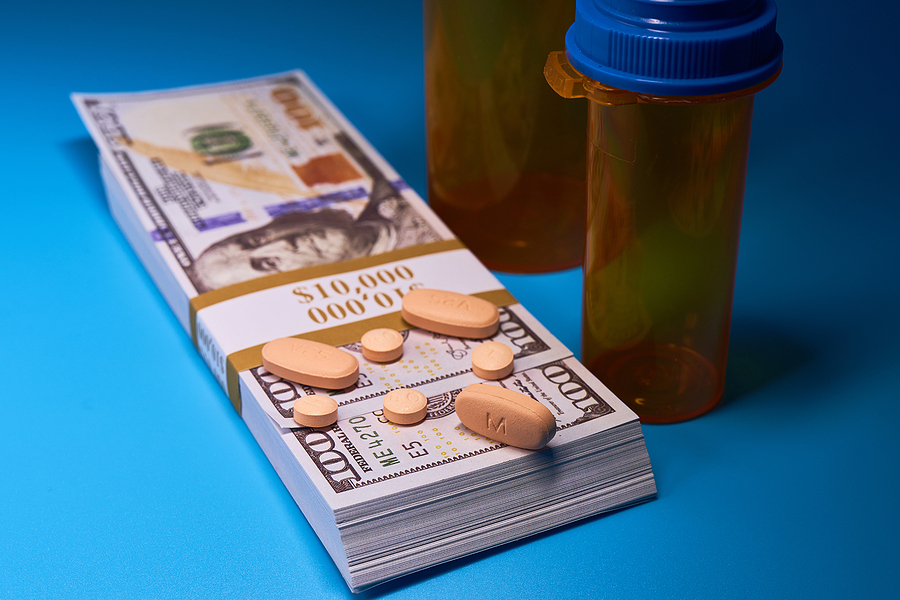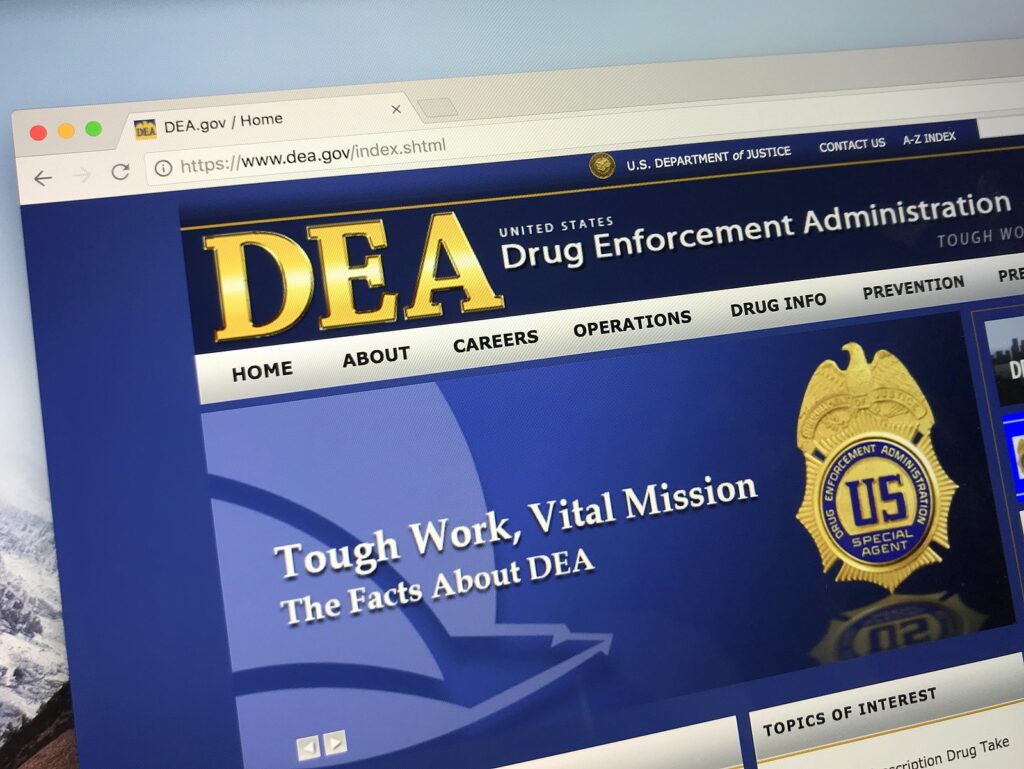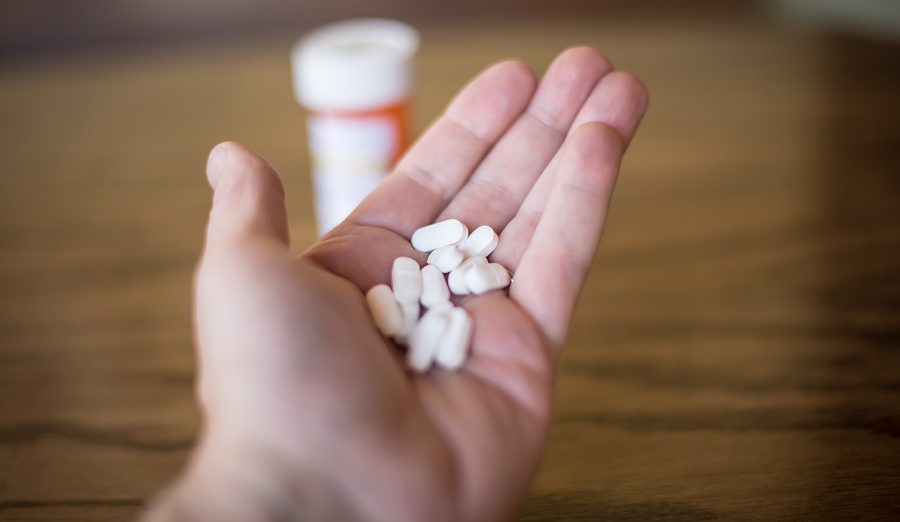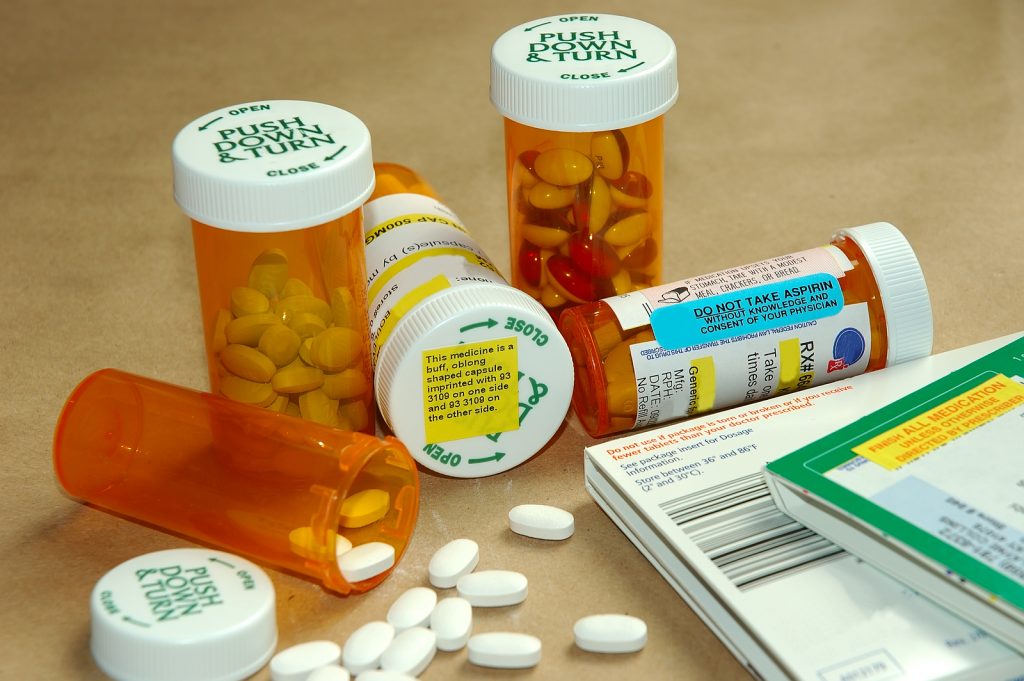If you’ve been charged with a prescription drug crime in Indiana, it’s important to understand the possible penalties that come with a conviction. Depending on the degree of your offense and other factors, you could be facing serious consequences such as jail time and hefty fines. In order to protect yourself from the worst-case scenario, it is essential to become familiar with Indiana’s laws surrounding narcotics charges and contact an experienced Indianapolis drug crime lawyer who can help build your defense.
In this blog post, we will break down the various types of prescription drug crimes in Indiana and their associated punishments so that you can make informed decisions about how best proceed if you are charged with a narcotic-related offense. We will also provide tips for choosing an experienced drug charge attorney who can fight on your behalf in court and secure favorable outcomes for your case.

Types of Prescription Drugs and Criminal Charges
A variety of man-made drugs are commonly trafficked and abused on the black market, primarily tranquilizers, benzodiazepines, opioid painkillers, and stimulants. In more recent years, illegally made fentanyl has become increasingly popular among drug dealers due to its high potency and low manufacturing costs. The dangers posed by opioids, benzos, prescription stimulants, depressants, and fentanyl cannot be underestimated. Many users who purchase these substances from drug dealers can unknowingly become addicted or experience serious side-effects. This is why regulatory measures continue to be taken to curtail illegal sales of controlled pharmaceuticals through dealers.
The most common types of prescription drug crimes in Indiana are possession, manufacturing, distribution, and trafficking. Depending on the number and type of drugs involved, your charge could range from a misdemeanor to a felony offense. The punishment for each crime varies as follows:
Possession: Possession of narcotics without proper authorization is illegal and can lead to misdemeanor or felony charges depending on the amount and type of drug. Punishment typically includes jail time ranging from one year or more, along with fines up to $10,000.
Manufacturing: Manufacturing controlled substances in Indiana carries punishments of up to 10 years in prison and fines up to $100,000 if convicted.
Distribution: Distributing narcotics without a prescription carries the same penalties as manufacturing, but with increased fines up to $150,000.
Trafficking: Trafficking narcotics across state lines is considered a federal offense and carries the harshest punishments of all including up to 20 years in prison and fines of up to $1 million.
Are You Facing a Prescription Drug Charge?
No matter what type of drug crime you’ve been charged with in Indiana, it’s important that you seek legal help from an experienced drug crime lawyer in Indianapolis who can provide personalized guidance for your situation. A criminal attorney can review the facts of your case and determine if there are any potential defenses that can help reduce or dismiss your charges. They will also be able to advise you on the best course of action to take in order to secure the most favorable outcome for you.
Were you just arrested for a drug crime related to prescription pills or medications? If you’ve been charged with a prescription drug crime in Indiana, contact David E. Lewis, Attorney at Law, at 317-636-7514 today for knowledgeable and experienced legal representation. Our Indianapolis drug crime attorneys will provide you with personalized advice and develop an effective defense strategy that protects your rights and preserve your freedoms. Act now before it’s too late!
Related Posts:
Can I Get Arrested For My Friend’s Drugs?
The Legal Penalties of Drugged Driving in Indiana
What to Do if You are Facing Prescription Drug Charges in Indianapolis







